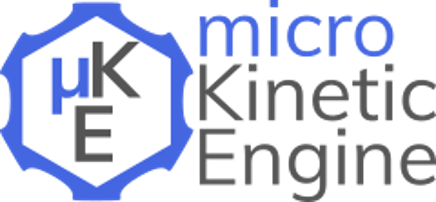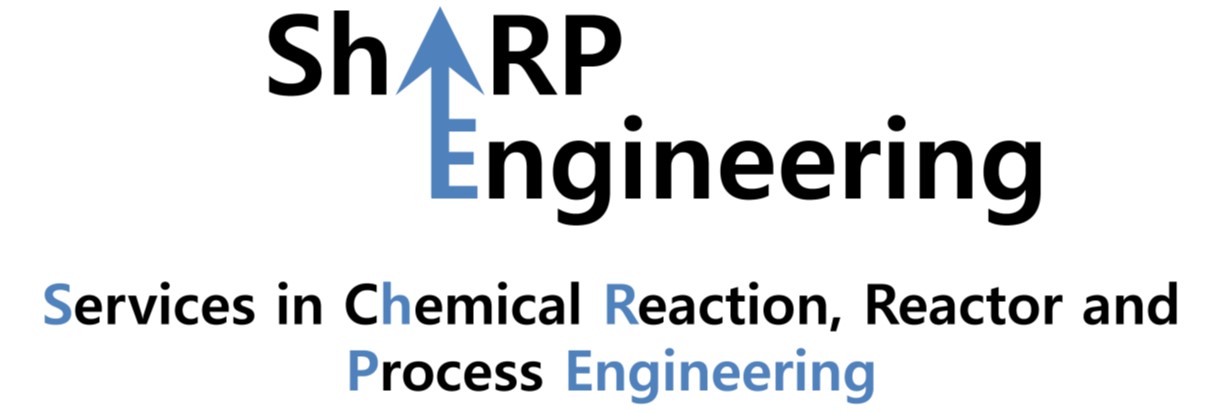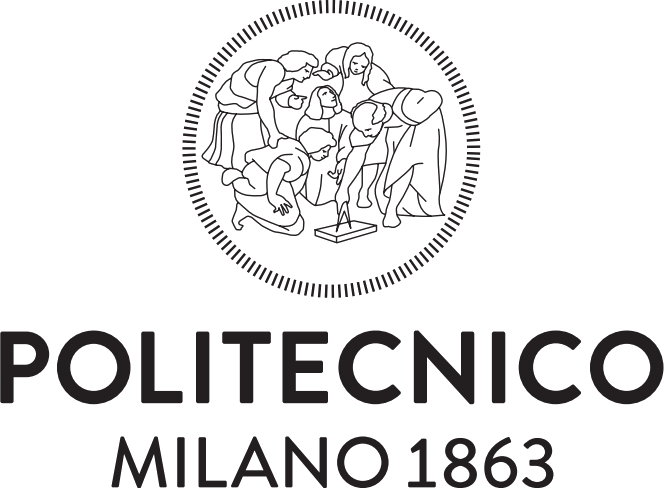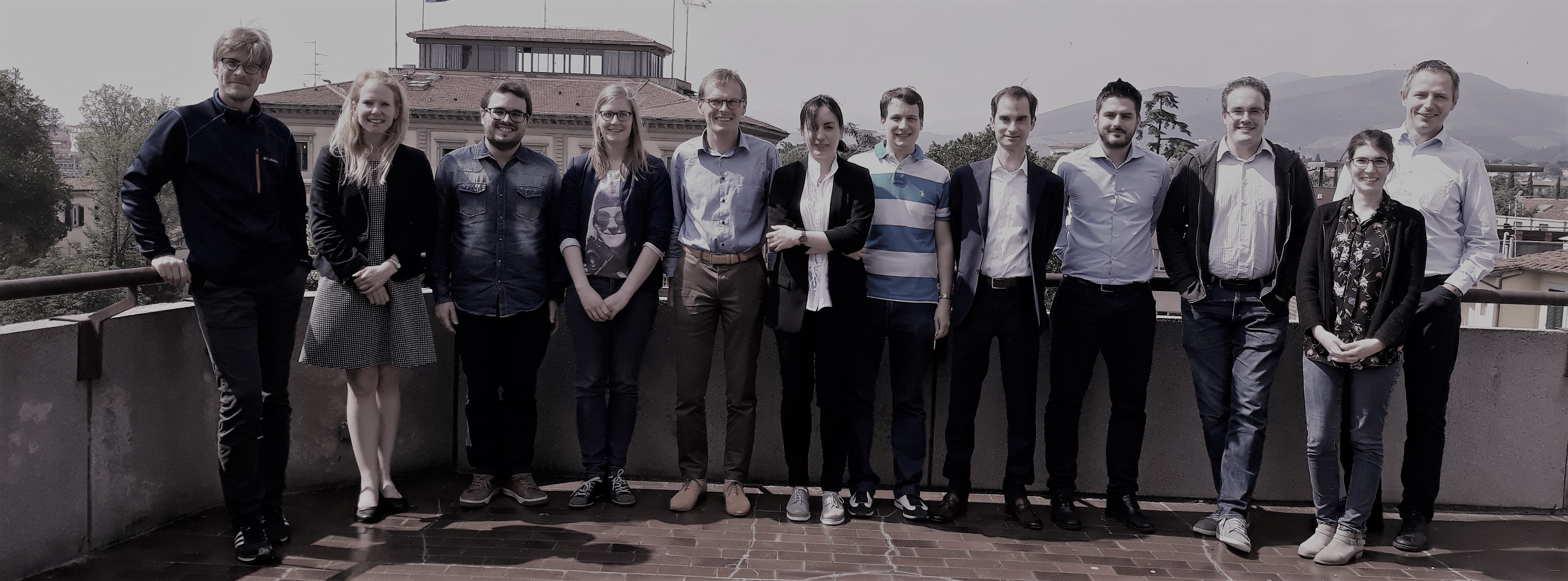Course Topic
Chemical Reactors
play a crucial role in industrial-scale, raw material conversion into products. Numerous factors must be considered when selecting an appropriate and efficient chemical reactor, in particular when complex heterogeneous reactions occur. Kinetic modelling is an essential tool for the design and optimization of chemical products and processes.
Kinetic Modelling
Kinetic modelling includes fundamental aspects such as stoichiometry, kinetics and thermodynamics in the analysis of chemical reactor behaviour. Microkinetic models help to consolidate the fundamental information about a catalytic reaction.
Computational Fluid Dynamics
Coupling such microkinetic models with computational fluid dynamics (CFD) models allows for a reliable extrapolation to larger, industrially more relevant scales where idealities of fluid dynamics are no longer guaranteed and may exert a significant impact on the reactor behaviour and product yields.
Interactive Tutorials
During this course with a focus of chemical reaction and reactor engineering, ex-cathedra sessions are alternated with interactive tutorials during which user-friendly software tools are used, e.g., microKinetic Engine and CatalyticFoam.


Organizing Committee and Tutors
This interactive course on chemical reaction and reactor engineering is organized by
- prof. dr. ir. Joris W. Thybaut (UGent, ShARP Engineering)
- prof. dr. ir. Matteo Maestri (Polimi)
- dr. ir. Kenneth Toch (ShARP Engineering)
- dr. ir. Ana Obradovic (UGent) and
- ir. Mauro Bracconi (Polimi)



